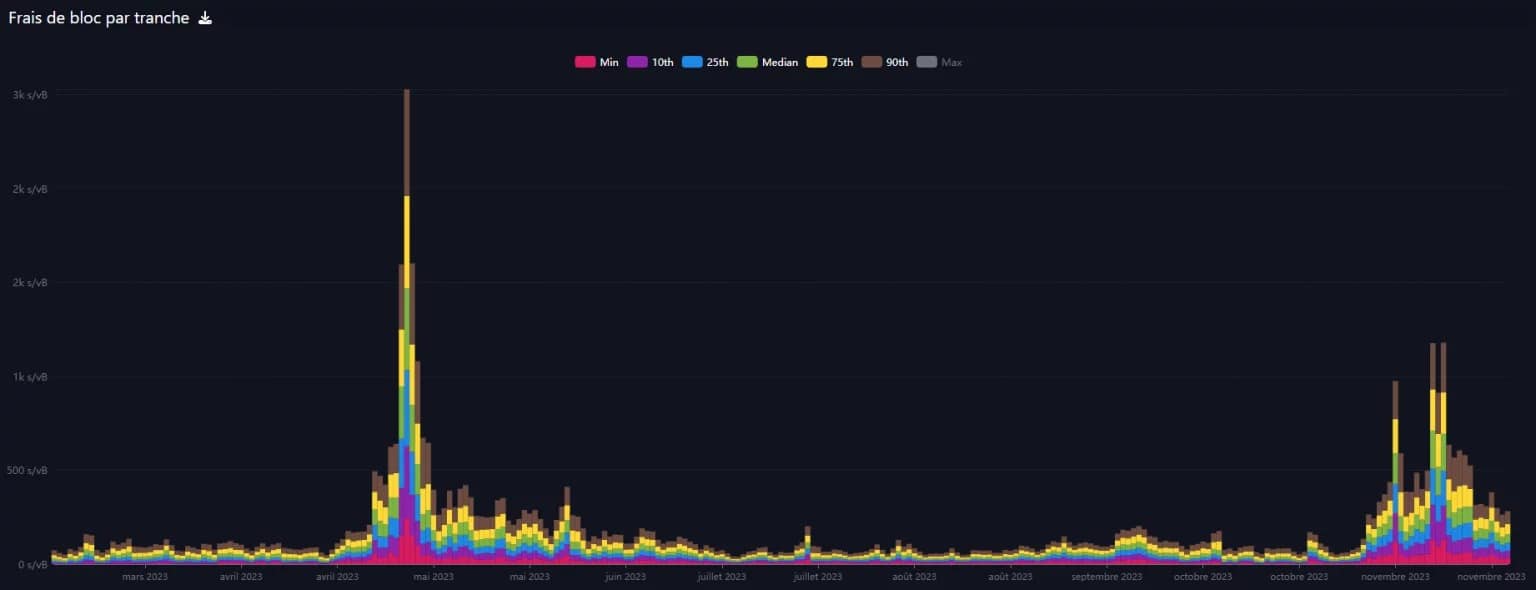Trust Wallet, Binance’s non-custodial wallet, has experienced a malfunction in its Bitcoin node, disrupting transactions for many users. This incident raises questions about the reliability and stability of cryptocurrency wallets.
Trust Wallet users can no longer use Bitcoin
Recently, Trust Wallet, Binance’s non-custodial wallet, reported significant problems with its Bitcoin node, significantly affecting its users’ transactions. The problems include failed or delayed transactions, as well as a history of missing transactions in the application.
The source of the problem, identified by Trust Wallet, lies in an increase in Bitcoin transactions. The company behind the wallet says that the increase in Bitcoin transactions is putting significant pressure on nodes, which are finding it difficult to propagate new transactions to the rest of the network and access the blockchain’s history.
Important BTC Node Update
Dear Trust Wallet Users,
We want to inform you that we’re experiencing a BTC node issue. Here are the details:
Cause: Increased transactions per block in the Bitcoin network are putting pressure on nodes, causing instability across providers….
– Trust Wallet (@TrustWallet) November 29, 2023
In its post, Trust Wallet informed its users of a problem affecting the Bitcoin Blockbook, a blockchain indexer originally designed to support Trezor wallets. This malfunction has led to the failure of numerous transactions, causing concern among platform users in possession of this wallet.
Trust Wallet has assured us that it has taken all necessary measures to rectify the situation, and expects to be back to normal within 6 hours of its announcement. However, almost 24 hours after this communication, the situation remains unchanged. No update has been provided, and many community comments remain unanswered.
This prolonged silence from Trust Wallet raises questions about the effectiveness of the measures taken to resolve the issue, and above all about the seriousness of the problem encountered. Moreover, it could potentially erode users’ confidence in the quality of the services provided by the company.
The reasons for this malfunction
The recent malfunction of the Bitcoin node seems to be the result of overload, mainly due to the verification and propagation of new transactions. This increase in activity on the Bitcoin network is largely linked to the rise in popularity of the Ordinals protocol, an innovation enabling the creation of NFTs on the Bitcoin blockchain.

Year-to-date Bitcoin transaction fees
Since the beginning of the year, registrations via the Ordinals protocol have generated a large volume of transactions, resulting in a notable increase in fees. While Bitcoin transaction fees usually fluctuate between 20 and 30 satoshis per vBit (equivalent to just under $2), they have risen significantly to around 200 satoshis per vBit during peaks in activity, and on several days in a row.
Even during periods of lower activity, although fees remain high, the mempool – the memory of transactions awaiting confirmation – remains saturated with Ordinals-related transactions. This phenomenon underlines the growing complexity and additional load imposed on the Bitcoin network, and could explain the malfunctioning of some widely used nodes such as this one at TrustWallet.
